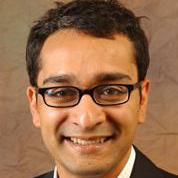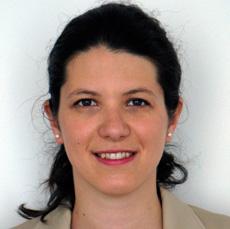Impact evaluation of a public health insurance plan in India: Post health event survey pilot
- This study forms part of an evaluation of a large public health insurance scheme in India, the Indian Health Insurance Experiment.
- We piloted an innovative survey instrument to assess its cost and accuracy in measuring the effect of health insurance on the frequency of hospitalisation and associated out of pocket expenditure for households.
- We found that conducting in-depth surveys at shorter intervals after a health event reduced recall error and improved cost efficiency, compared with an annual survey.
- Recall error was reduced more for data related to expenditure than to time either in hospital or away from work.
- Pilot data will be further analysed alongside data from the associated 2017 annual survey.
In 2008 India implemented a public health insurance scheme, Rashtriya Swasthya Bima Yojana (RSBY), which covers in-patient secondary care expenses for households below the official poverty line, roughly 300 million people. The government recently decided to expand eligibility and coverage for RSBY. The Indian Health Insurance Experiment is evaluating the scheme for roll out to households above the poverty line.
This pilot for a Post Health Event Survey (PHES) differed from typical annual surveys on health insurance. We conducted screening surveys by telephone, in which we asked households if they had experienced a health event in the last two months. Where households had experienced such events, we conducted full surveys within 14 days of the screening survey.
The pilot found that the PHES reduced recall error on key monetary variables, such as total out of pocket expenditure caused by a health event. The pilot also demonstrated the importance of referring to health insurance in a way that is understood colloquially. In an early version of the survey, respondents did not understand the term ‘health insurance’ clearly.
Future analysis will use data from the PHES pilot, the full-scale PHES, and the 2017 annual survey to measure the impact of health insurance on questions including broader health and economic outcomes for households.








